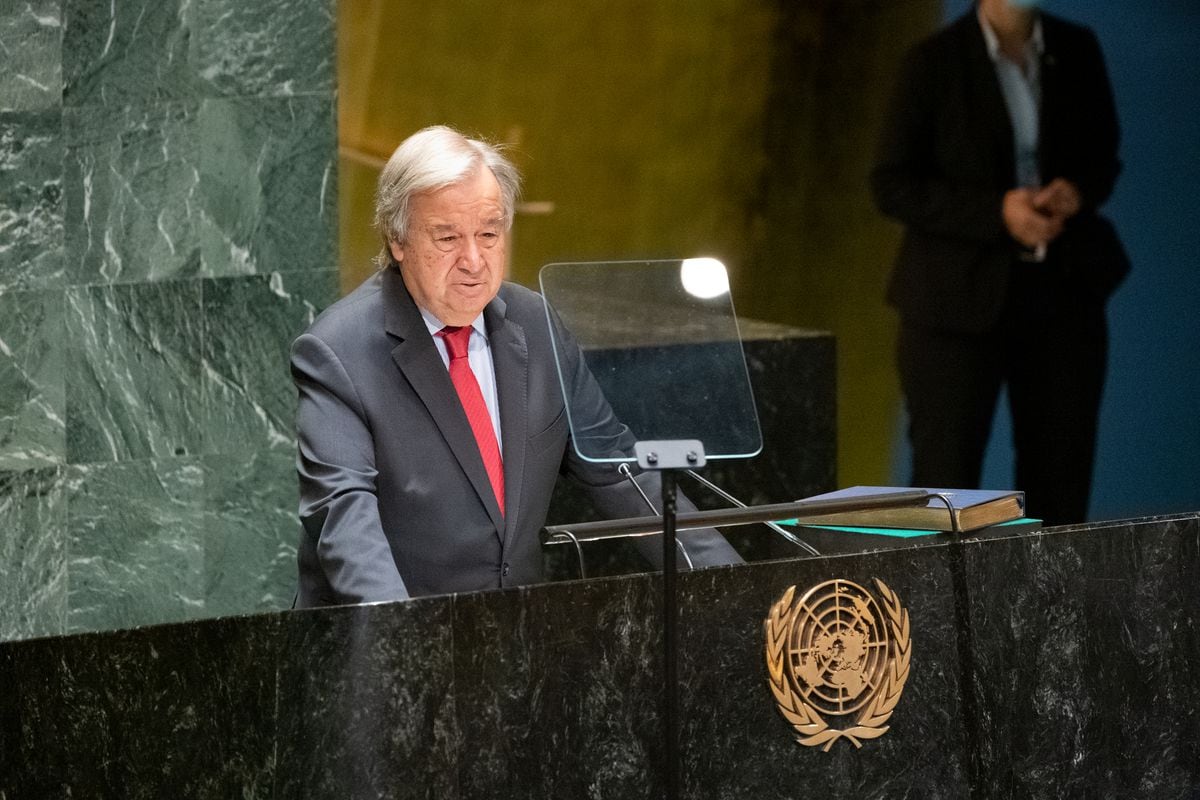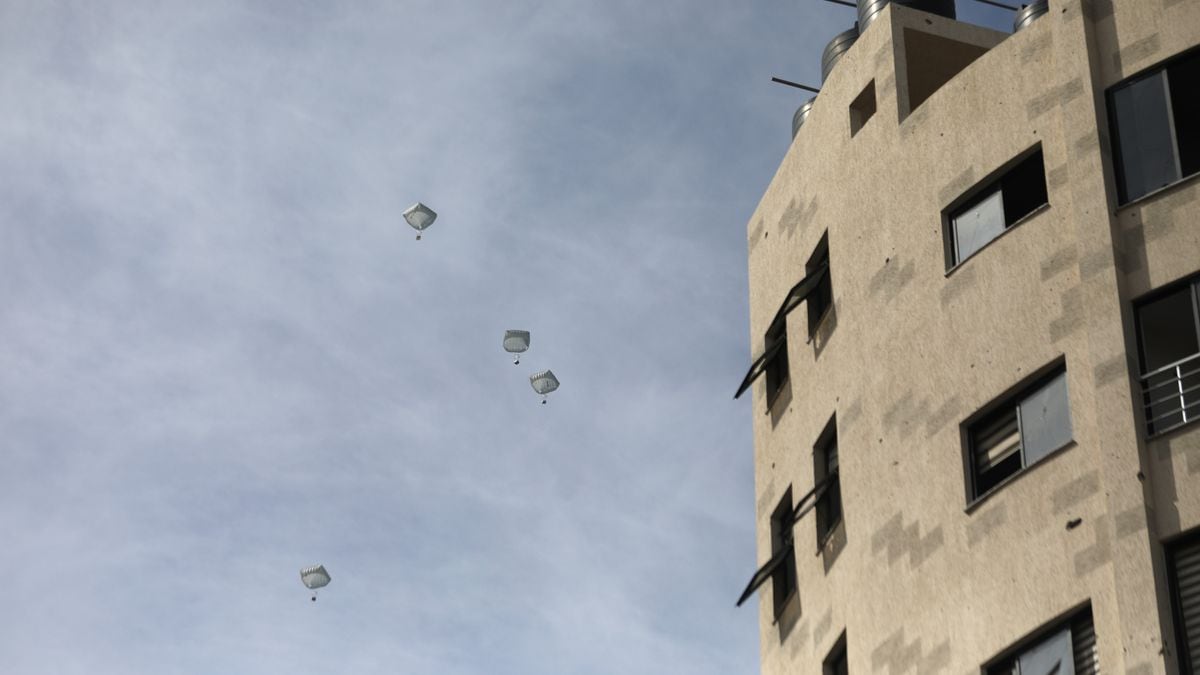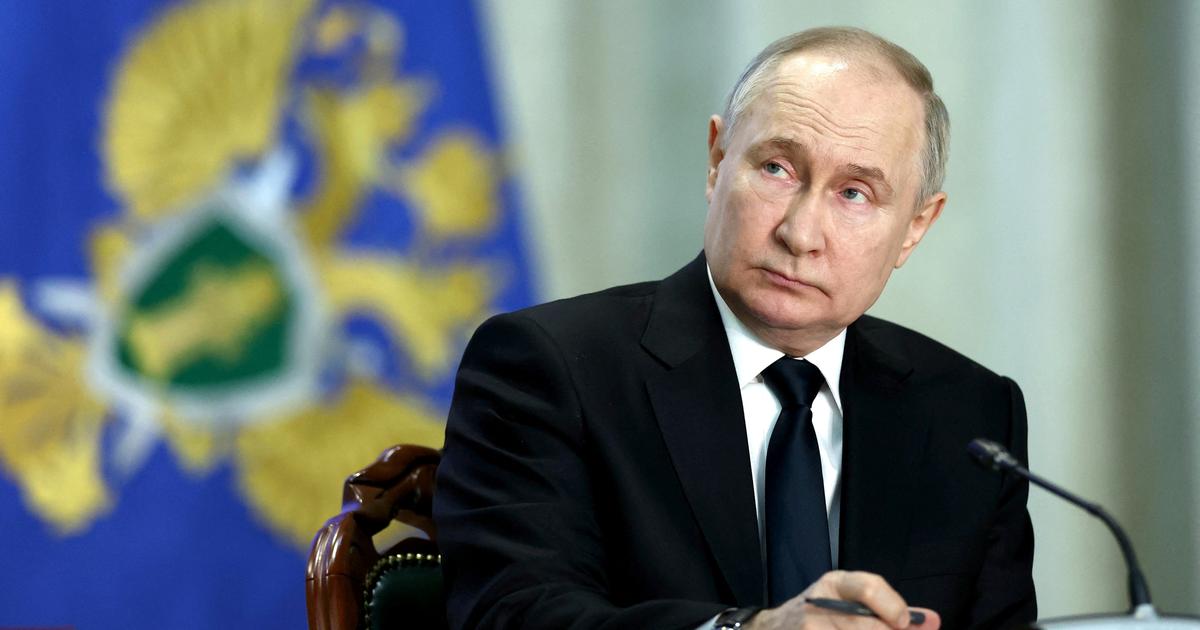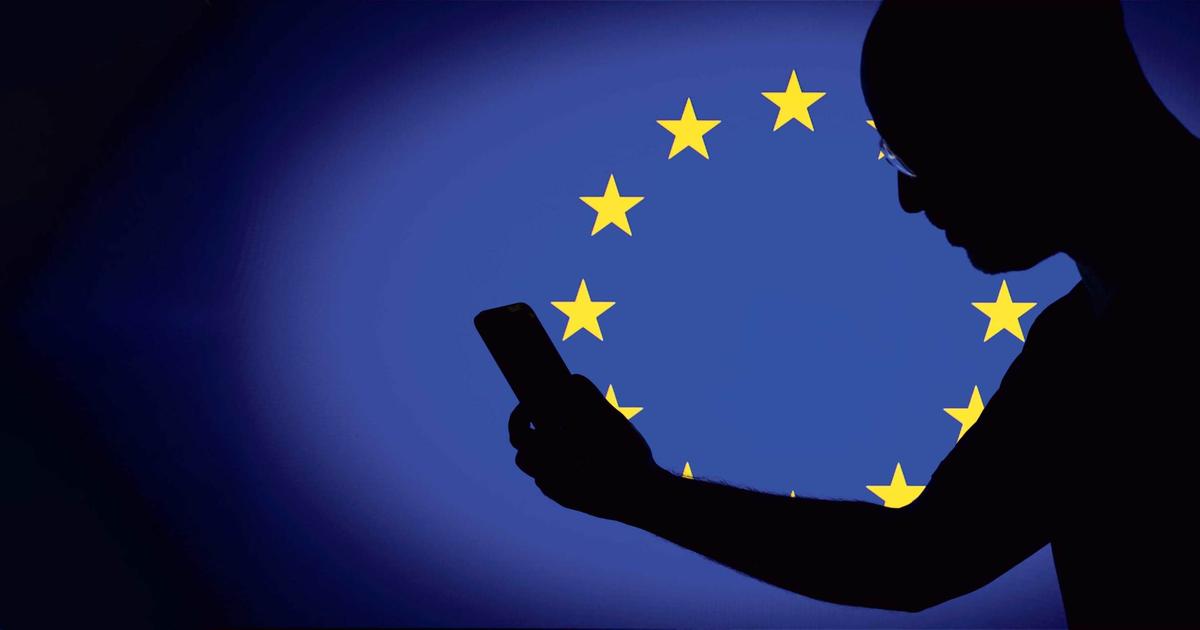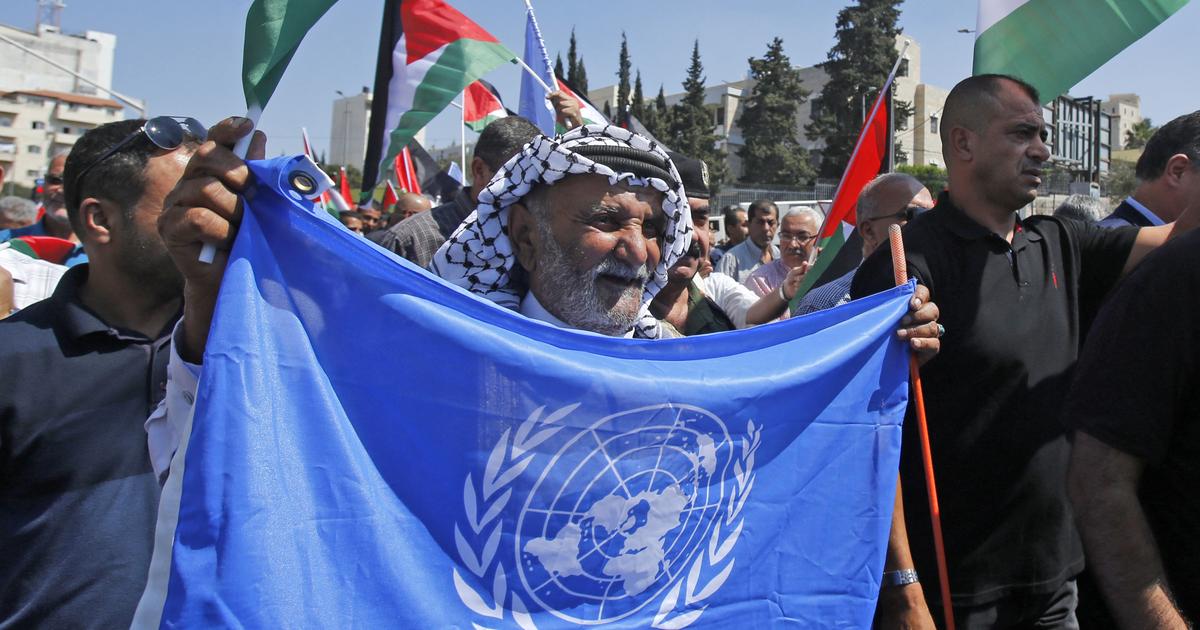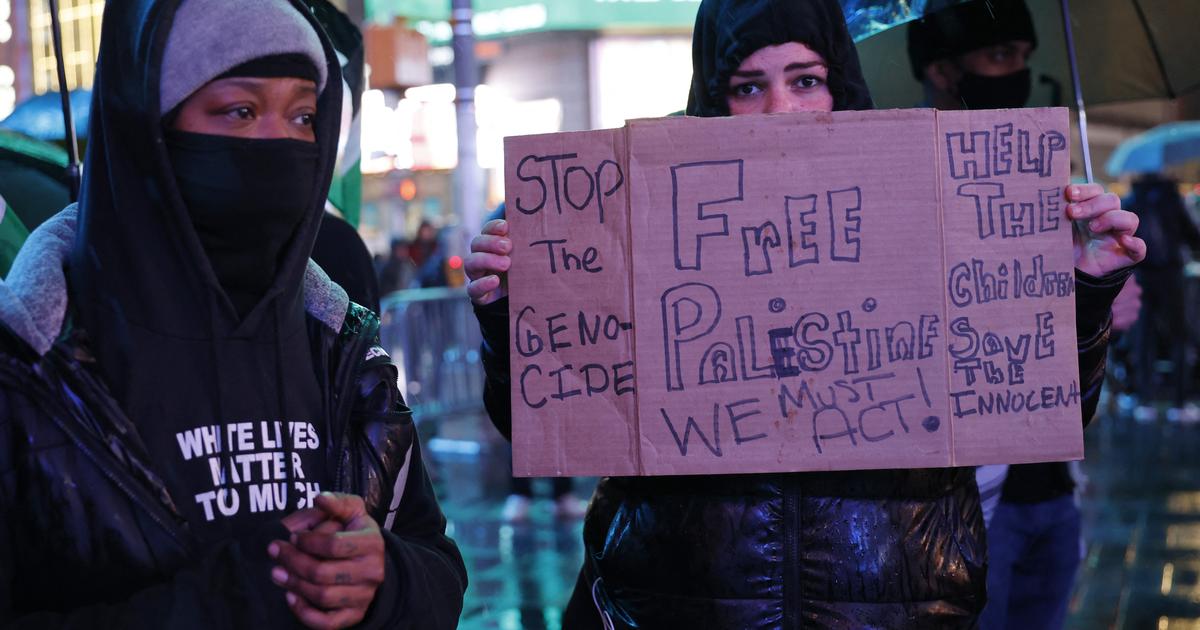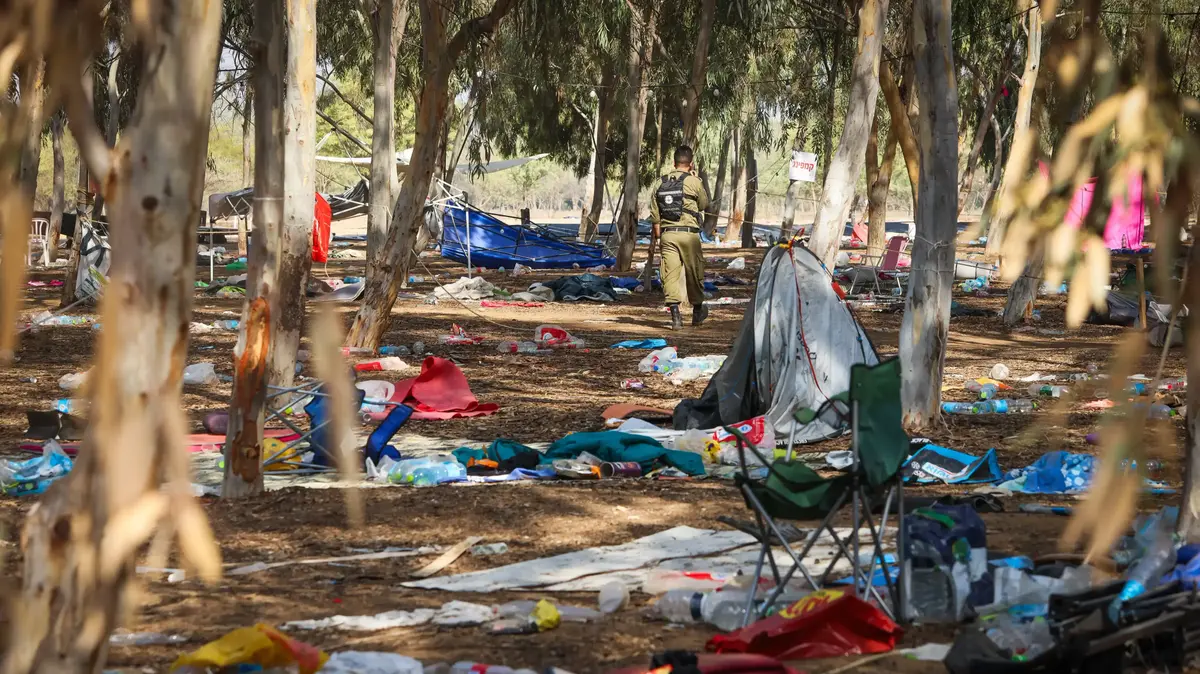It has been a long time since the nations of the UN were so disunited.
The 77th UN General Assembly, which begins its
big week this Tuesday
speech by world leaders and will be the first fully face-to-face since the start of the pandemic in 2020, it opens in a strange climate.
Almost in silence, after the funeral of Queen Elizabeth II of England, which was attended by many of the leaders.
And in an atmosphere of division, in the shadow of the war in Ukraine, as has not been remembered since the times of the Cold War.
To the Russian invasion of Ukraine, the great issue that will actively and passively dominate the annual conclave of world leaders, is added the food crisis, the first increase in global extreme poverty in two decades ―820 million people around the world spend hunger―, the consequences of the coronavirus, the setback of democratic systems and climate change as protagonists of the conclave.
Ukrainian President Volodymyr Zelensky is scheduled to intervene by video from kyiv on Wednesday, as the lightning counter-offensive continues that has allowed his army to retake part of the territory captured by Russian troops.
Zelenski has needed a special permit, approved on Friday in a vote of the member countries of the Assembly.
Russia was opposed to the participation of the enemy head of state, arguing that the rules only authorize face-to-face speeches.
Ukraine claimed that the president cannot leave the country because of the war.
The vote, in which Zelensky's speech was voted yes by 101 votes in favour, seven against and 19 abstentions, was interpreted as a kind of referendum on the popularity that the Ukrainian cause continues to generate in the world, seven months after the beginning of the Russian invasion.
"There is a real fatigue" among the countries of the so-called global south, who want the agenda to refocus on the issues that most affect them, such as escalating inflation or food shortages, Ashish acknowledged this Thursday in an online seminar Pradesh, from the International Crisis Group analysis center and co-author of the report
Ten Challenges for the UN 2022-2023
.
In part to address those concerns, the United States, the European Union and the UN will host a forum with affected nations to discuss food security on Tuesday.
The funeral for the British sovereign has forced to alter the order of interventions, given the delay in the arrival in the Big Apple of numerous leaders who traveled to London, including the US president himself, Joe Biden.
The tenant of the White House will break for the first time the tradition that dictates that the United States be the second intervention -immediately after Brazil- on the first day of speeches, which gives him the power to define, to a certain extent, the issues to be addressed by the leaders.
On this occasion, Biden's intervention will take place on Wednesday at 10:30 local time (six more hours in mainland Spain), and Senegal will occupy the position vacated by Washington on Tuesday.
The US president, who arrives in New York already with an eye on the legislative elections in November, will dedicate the main part of his speech to Ukraine.
"He will try to emphasize that the attack on Ukraine is an attack on the United Nations Charter, against International Law, the principles of sovereignty and territorial integrity, the things that the members of the UN truly value," Pradesh points out.
He will also want, according to the expert, to send the message to the countries most affected by the rise in food prices that the cause of these rises "is not Western sanctions, but that Russia is responsible."
A good part of Biden's intervention, in his opinion, will be marked by criticism of Moscow.
And also by direct or indirect allusions to China, the US's increasingly rival power and to which Washington looks at least out of the corner of its eye at every step of its foreign policy.
The General Assembly comes a month after tensions between the two governments escalated further over the visit of the Speaker of the US House of Representatives, Nancy Pelosi, to Taiwan, the self-governed island that Beijing considers part of its territory. .
Neither the Russian president, Vladimir Putin, nor the Chinese, Xi Jiping, plan to attend the General Assembly.
Instead, both strategic partners went ahead to celebrate their particular summit.
The two met last week in Samarkand, the storied city on the Silk Road in present-day Uzbekistan, in a meeting in which, despite the Russian admitting Beijing's "doubts" about Ukraine, both emphasized mutual support of their respective “key interests”.
Neither the moment, a week before the meeting in New York, nor the event were casual: the summit of the Shanghai Cooperation Organization (SCO), a regional security organization founded by Beijing.
Both China and Russia, whose delegation will be headed by Foreign Minister Sergey Lavrov, will address the Assembly on Saturday.
The American ambassador to the UN, Linda Thomas-Greenfield, has ruled out conversations between her delegation and the Russian one;
She doesn't either, as she assures her, she will have them around the Iranian nuclear deal, whose current negotiations have reached an impasse.
Yes, there will be meetings between the representatives of the US and the Ukrainians.
In speeches prior to the Assembly, Thomas-Greenfield had made notes about the need to reform the institution, "which is suffering from a crisis of confidence caused by Russia's unprovoked war in Ukraine."
But the diplomat has not specified what kind of changes she foresees, and experts are skeptical about the appetite of the five permanent members of the Security Council - the US, Russia, China, France and the United Kingdom - to adopt renewals that could bring them a decrease. on his authority.
“It would be great to see some ideas, but we will continue to see a shift towards coalitions and
ad hoc
alliances ” of ideologically related governments, such as Aukus – the military alliance between the United Kingdom, Australia and the United States to contain China in the Pacific – or the G7 ―the seven most industrialized nations: the United States, Canada, the United Kingdom, France, Germany, Italy and Japan―, Pradesh points out.
"Those kinds of formats may be where multilateral attention is focused."
Follow all the international information on
and
, or in
our weekly newsletter
.
Subscribe to continue reading
read without limits
Keep reading
I'm already a subscriber

